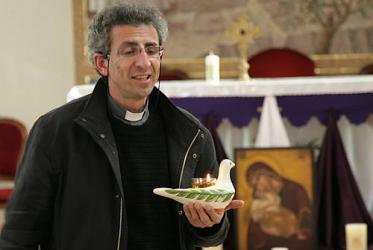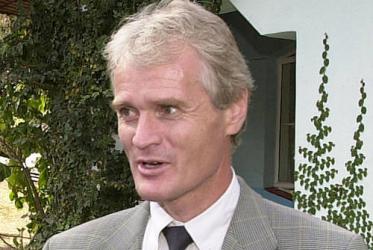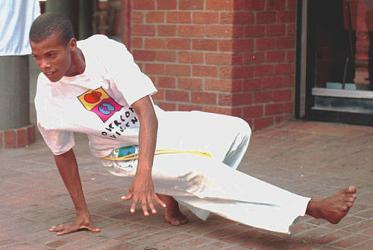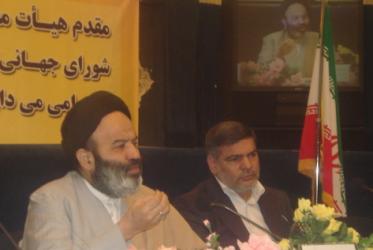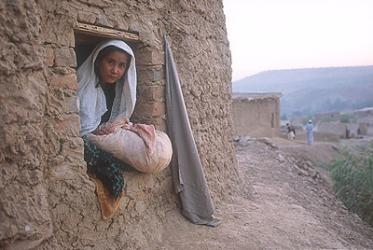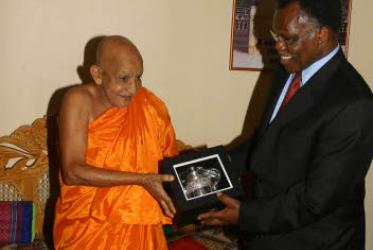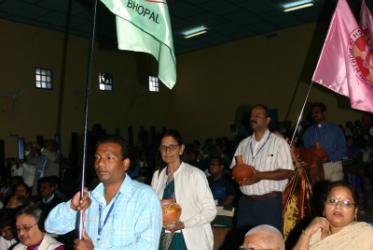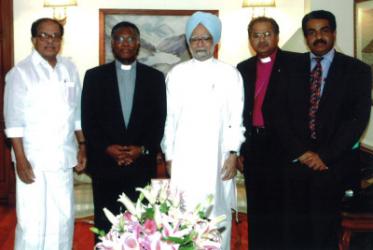Displaying 841 - 860 of 1003
Religious leaders should facilitate peace building
02 July 2009
Eye witness perspectives on Middle East peace
22 June 2009
Israeli occupation puts strain on Palestinian Christians
02 April 2009
Peace declaration to be "mission statement" for the churches
23 December 2008
World religious leaders commit to uphold human rights
11 December 2008
Pakistan: Ecumenical delegation to support churches amidst conflict
20 November 2008
WCC prepares for UN Advocacy Week
12 November 2008
Reconciliation means transforming society, says Kobia in Nicaragua
10 November 2008
Anti-Christian violence in Orissa reverberates at CNI Synod
21 October 2008
WCC general secretary visits India and Sri Lanka
15 October 2008



